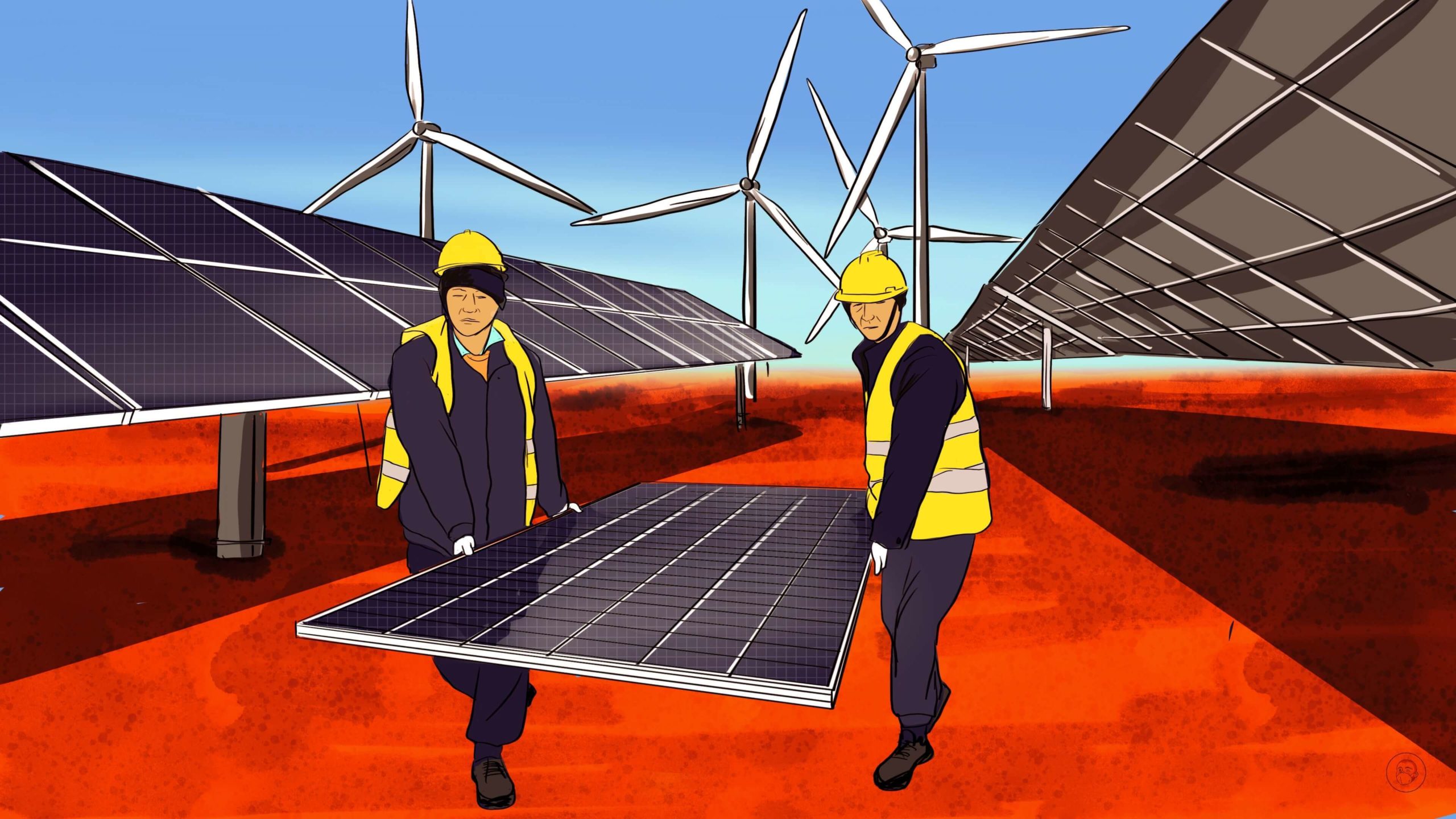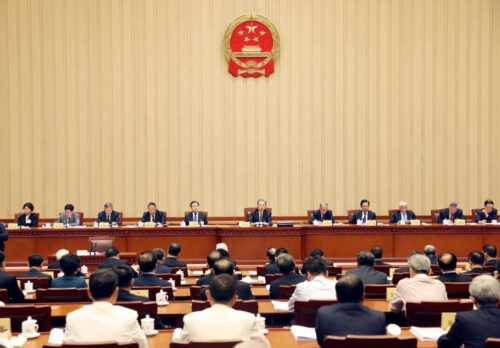Beijing releases another plan to shore up the private sector
Last week, Beijing released a plan to incentivize entrepreneurs and companies. Today, China’s top economic planning body announced another scheme to encourage private investment in a variety of projects, including public infrastructure.

The National Development and Reform Commission (NDRC), China’s state planner, held a press conference (in Chinese) today to spur private investment in some infrastructure sectors and pledged support for private projects.
The NDRC has compiled a list of more than 2,900 projects from local governments worth a total of about 3.2 trillion yuan ($445 billion) available to private investors, Luō Guósān 罗国三, the director of the Fixed Assets Investment Department at the NDRC, told reporters. The NDRC also pledged to improve funding support for the projects.
“The significance of improving private investment should be fully recognized,” and the NDRC aims to keep the share of private investment at a “reasonable level,” Luo said.
The NDRC has also discussed 71 infrastructure real estate investment trust (REITs) projects this year with the China Securities Regulatory Commission (CSRC), the Shanghai and Shenzhen Stock Exchanges, and industry experts, including 19 from the private enterprise projects involving shopping malls, photovoltaic wind power, big data centers, and more. “Infrastructure REITs are an important way to revitalize stock assets,” Hán Zhìfēng 韩志峰, another official of the NDRC, said.
A special fund from the central government budget will also be set up by the NDRC to give support each year for 20 cities with high private investment growth and strong policies, the statement said per Reuters.
The latest announcement comes as part of China’s concerted push to shore up the private sector after the Communist Party and the State Council last week released a 31-point plan (in Chinese) to help improve the business environment and remove systemic discrimination against private companies. According to data released last week by China’s National Bureau of Statistics (NBS), fixed-asset investment in the private sector shrank by 0.2% year-on-year in the first half of 2023, compared with a 0.1% decline in the first five months of the year, signaling weak confidence in the private sector.
On July 21, vice chair of the CSRC Fāng Xīnghǎi 方星海 held a rare press conference attended by more than 30 global venture capital and private equity executives to address their concerns about investing in China. Among those present were Neil Shen (沈南鵬 Shěn Nánpéng), the founder of HongShan — formerly known as Sequoia Capital China — and other executives from KKR, Blackstone, Carlyle, and Warburg Pincus.
That same day, China’s Ministry of Commerce (MOFCOM) held a roundtable discussion with more than 30 representatives from foreign companies, as well as the American Chamber of Commerce and its counterparts from the EU, Japan, and South Korea.
Not everyone is convinced by the new government campaigns to encourage private business. On the weekend, New York Times columnist Li Yuan wrote that Beijing is offering “love, but Chinese entrepreneurs aren’t buying it,” and quoted a social media post from Tsinghua University sociologist Sūn Lìpíng 孙立平: “Why are many people cutting their spending on clothes and food? Why are ambitious entrepreneurs reluctant to make long-term plans and investments? It’s because they feel uneasy.”






